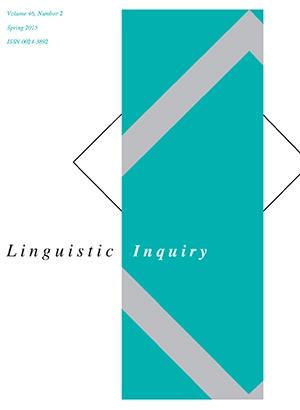Finite clausal arguments differ from other arguments—and other CPs—in two fundamental ways: (a) they do not move leftward (Koster 1978, Alrenga 2005, Takahashi 2010, Moulton 2013) and (b) they may combine with nouns that do not accept arguments (Stowell 1981, Grimshaw 1990). I argue that finite clausal arguments are predicates of propositional content (type 〈e,〈s,t〉〉), following proposals in Kratzer 2006, Moulton 2009. They combine with nouns by Predicate Modification, explaining (b). In order to complement verbs, CPs trigger two type-driven leftward movements (CP-movement and remnant AspPfronting). I argue that the resulting configuration prevents further leftward movement of clausal arguments, explaining (a). Also derived are the right-peripheral position of CPs relative to arguments and the verbal complex in Germanic, freezing effects in the VP, extraction from and binding into CPs, and the similarities and differences among CP argument extraposition, heavy NP shift, and relative clause extraposition. More broadly, the proposal demonstrates that copies can denote restricted variables, but need not be DPs (cf. Fox 2002, Takahashi 2010, Johnson 2012).
Publication Type
- Article



